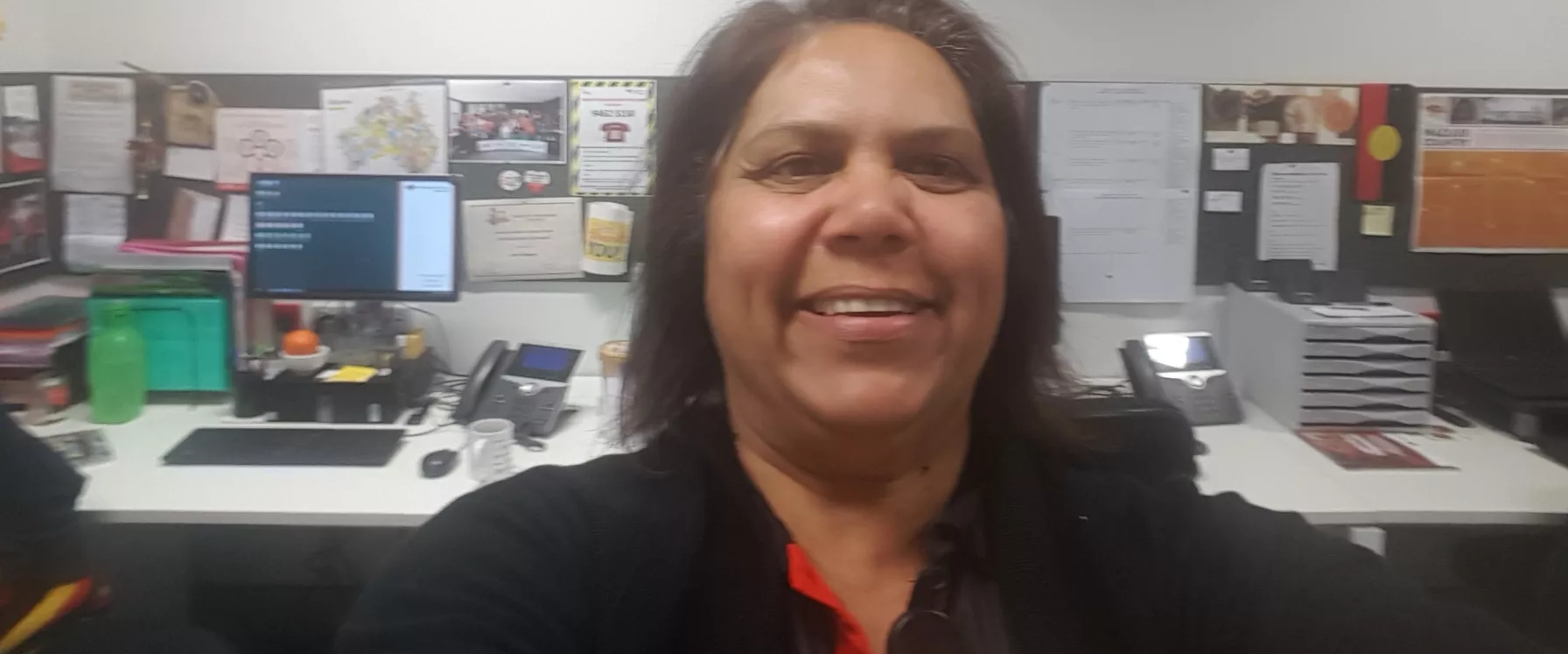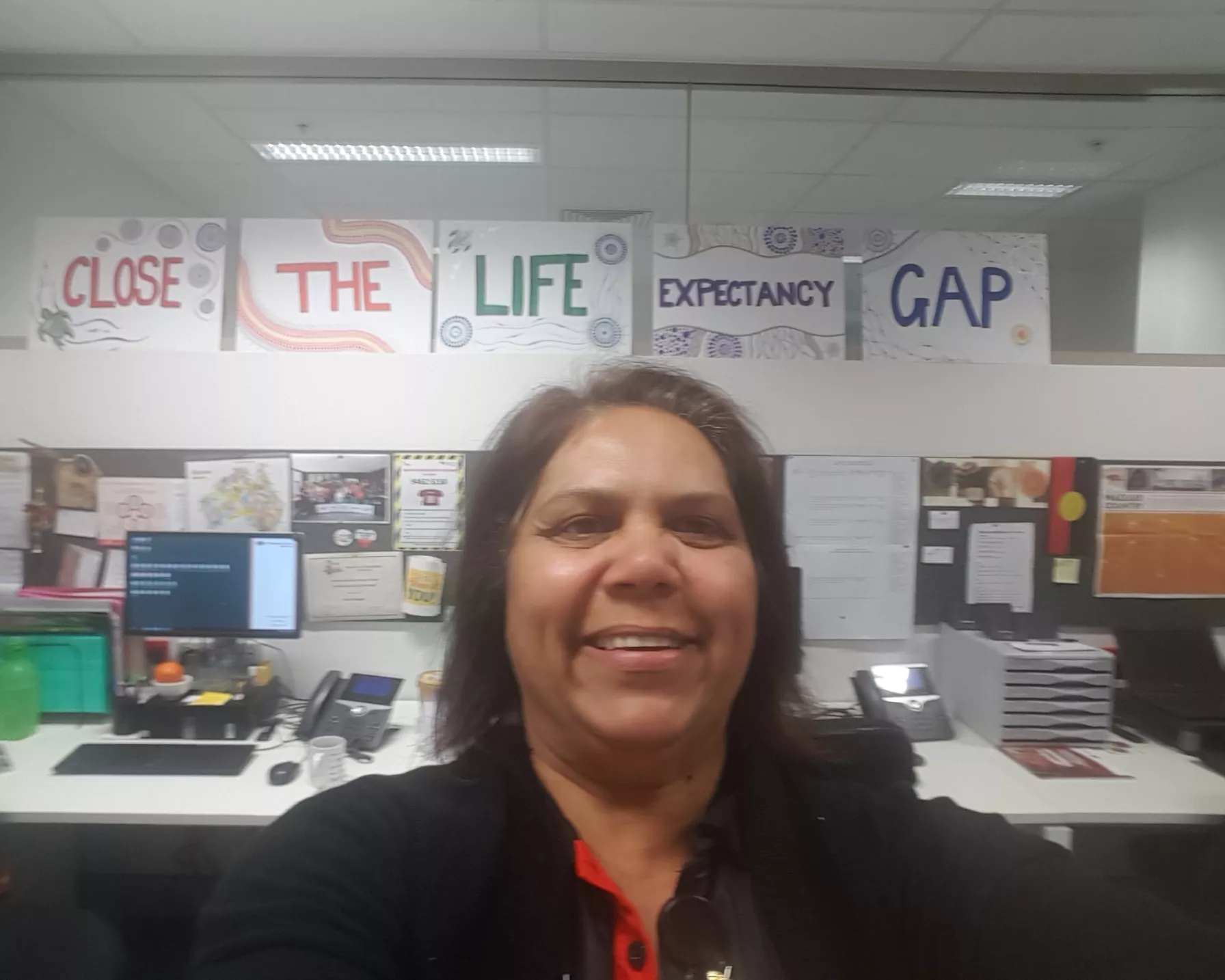Kerri always suspected there was a link between experiencing preeclampsia with her first child and developing hypertension later in life. She speaks from the heart to share her story.
I am a 48-year-old Aboriginal (Noongar) woman from WA.
I was just 18 when I came close to death during what should have been a happy moment – delivering my first child.
Two weeks prior, I had been diagnosed with preeclampsia, despite feeling well and displaying no outward symptoms. It was something I’d never even heard of or suspected I could be at risk of.
My baby and I made it through, thankfully, but we spent two weeks in hospital recovering.
I had a very supportive family, which helped me pull through the experience, and I was very fortunate to go on to have my second child at age 21, with no complications or signs of preeclampsia.
But I learnt that if we don’t ask questions during ante-natal appointments, we can become at risk of developing cardiovascular disease later in life. At the age of 30, I was diagnosed with hypertension, and I’ve been on medication ever since. Two years ago, I was also diagnosed with left ventricular hypertrophy.
There is a strong family history of heart disease on my father’s side, as well, so now I pay extra attention to nurturing myself and making my health a priority.
I know that Aboriginal people are at much greater risk of developing a cardiovascular disease such as diabetes and heart disease, and I know the importance and risks associated with having an unhealthy lifestyle. So I try to eat well, avoid processed and fast foods, plan daily exercise, sleep well and minimise stress, although this is easier said than done for many!
I also visit my doctor regularly and am careful to remember to take my medication, despite working full-time and raising a family.
I strongly encourage everyone to have regular check-ups with their doctors, and to take care of themselves. If we can teach our younger generations the importance of leading a healthy lifestyle from the start, then we have a chance of reducing our rates of cardiovascular disease.
How is HRI helping?
HRI is tackling the urgent problem of cardiovascular diseases such as preeclampsia from a broad range of research angles. Our Vascular Immunology Group is currently investigating ways that provide for safer prolongation of pregnancy without premature delivery. In addition, they are examining the role of aspirin and its effect in preeclampsia prevention. In partnership with research groups in the USA and Sweden, the team is also investigating the effect and safety of the new treatments targeting the placenta, for use in early severe preeclampsia.
Cardiologist Dr Clare Arnott is a Visiting Scientist with HRI who has established NSW’s first Women’s Heart Clinic that focuses on gender-specific risk factors such as hypertensive disorders of pregnancy. The clinic approaches care from a holistic angle, including lifestyle and dietary modification, and general care, and is overseen by female physicians. Dr Arnott leverages her science research for her initiative using HRI’s state-of-the-art facilities.


